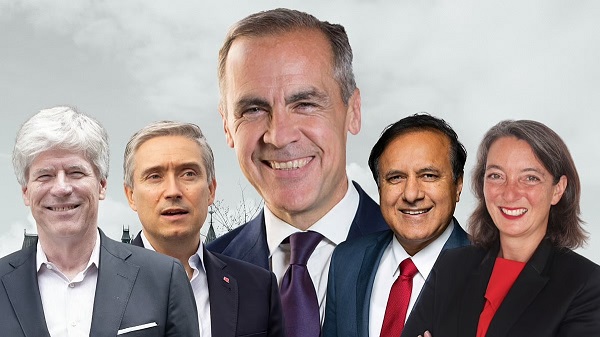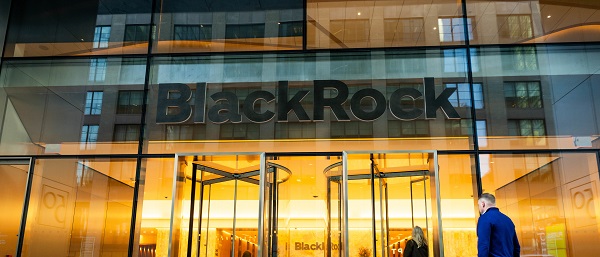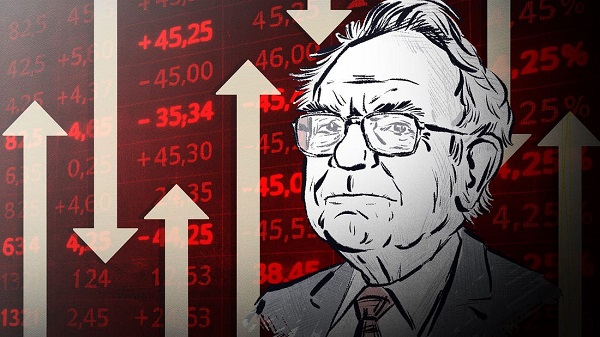From The Center Square
As Tesla boss Elon Musk leads federal cost-cutting efforts, his auto company has drawn the ire of frustrated Americans who have taken things out on his cars, buildings, electric vehicle chargers and everything else that carries a Tesla logo.
President Donald Trump has gone to lengths to protect Musk as the Department of Government Efficiency works to reshape the federal workforce to Trump’s specifications.
This week, the nation’s top prosecutor put vandals and others on notice. Attorney General Pamela Bondi said the Justice Department will investigate the spate of recent attacks on Tesla property. She called the attacks on Tesla “domestic terrorism.”
“The swarm of violent attacks on Tesla property is nothing short of domestic terrorism,” she said. “The Department of Justice has already charged several perpetrators with that in mind, including in cases that involve charges with five-year mandatory minimum sentences.”
Bondi also hinted at organizers behind the attacks.
“We will continue investigations that impose severe consequences on those involved in these attacks, including those operating behind the scenes to coordinate and fund these crimes,” she said.
Since Musk took up the top cost-cutting position in Trump’s government, his Tesla electric vehicles have become a target for vandals of all stripes. Some have graffitied their feelings about Musk on Tesla vehicle chargers. Other have gone after the cars with keys or other forms of vandalism. The same goes for dealerships, car lots and showrooms. No injuries have been reported during the attacks.
Trump is keenly aware of the problem. He recently invited a parade of Tesla vehicles to the White House for some personal car shopping. The president even invited reporters along for the spectacle.
The violence and vandalism come as Trump looks to reduce the footprint of the federal government. Trump, with help from Musk and his team, has virtually shut down the U.S. Agency for International Development. Trump has also taken steps to dismantle the U.S. Department of Education and other agencies that don’t align with his spending plans.

DOGE, with help from Trump’s cabinet, has directed cuts at agencies across the federal government.
Trump has promised to cut “hundreds of billions” in federal spending in 2025 through the reconciliation process. Musk initially suggested DOGE could cut $2 trillion in spending. Musk more recently said the group will aim for $2 trillion, but likely come up with half that amount.
Congress has run a deficit every year since 2001. In the past 50 years, the federal government has ended with a fiscal year-end budget surplus four times, most recently in 2001.

















